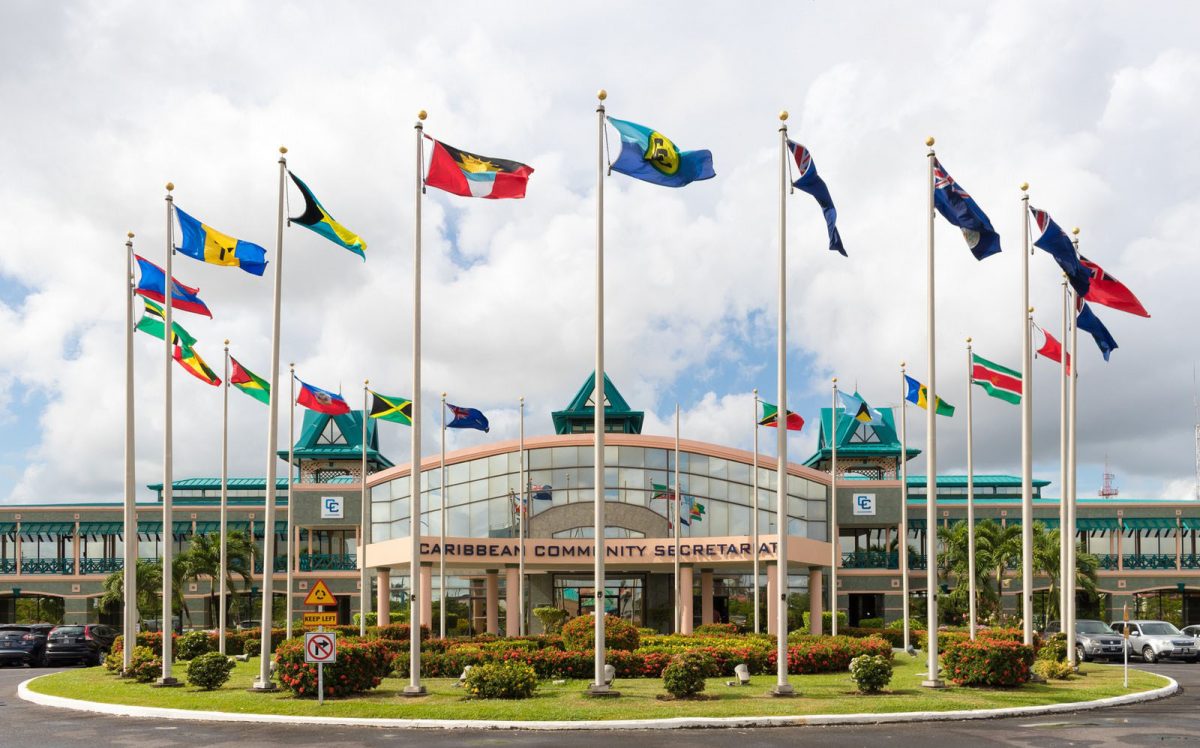The region is at a juncture where CARICOM requires the chairmanship of a country which, in more ways than one, possesses the credentials to provide the quality of leadership which the region now urgently requires. If Guyana does not qualify at this juncture then, perhaps, it never will. If only from the standpoint of the high regional and international visibility that the country enjoys on account of its oil wealth and its declared intention to use its blessing in support of the rest of the region, Guyana has the potential, currently, to make the greatest impact as Chair of the regional movement at this time. Here it has to be said that the country’s extant global petro influence should serve as a lightning rod for its comfortable acceptance, by the rest of the region, as the Chair of CARICOM. More than that, its pre-existing position as a lead player in the quest for the creation of a robust regional food security regime is also a credential that is difficult to ignore, given the overarching importance of the initiative to the well-being of the region.
Here it is apposite to note that President Irfaan Ali can play an important role in the quest “to advance CARICOM’s overarching strategic priorities” that are linked to the objectives of both pursuing the region’s development goals and ensuring that the region remains a zone of peace. Guyana’s significantly heightened international profile, arising largely out of what is now a global knowledge of its petro credentials, makes the country the right pick for that mission. Two points should be made at this juncture. The first has to do with the fact that the chairmanship of CARICOM and the Movement’s administrative headquarters are located in the same geographic space. That circumstance of proximity lends a considerable measure of convenience to aspects of Guyana’s undertakings as Chair of the regional movement being executed with an enhanced measure of administrative ease. It would mean as well, potentially, the existence of a convivial environment for closer collaboration between the Secretariat and local state agencies which, presumably, is likely to be stepped up with Guyana in the Chair of the regional movement.
From the standpoint of its own global negotiating credentials, as much as for the well-being of the region, Guyana must seek to effectively utilize the international lobbying opportunities that will be afforded by the chairmanship of CARICOM to sustain the ongoing regional push for increased resource allocation to the Caribbean to address the region’s poverty concerns and socio-economic development restraints. If there is an outstanding task that Guyana will be looked to for expeditious action in its capacity as Chair of the regional movement, it would have to be the significant hastening of the pace of progress towards the full implementation of the Regional Food Security Terminal. As this newspaper has frequently and unapologetically stated, there has been a generous measure of sloth in the pace of progress towards the establishment of the promised Regional Food Security Terminal. Guyana being, in its own right, one of the lead players in the pursuit of a regional food security regime, there can be no excuse for the government, well within the year of its tenure as Chair of CARICOM, to not presiding over the coming into being of the Regional Food Security Terminal.
Those considerations apart, Guyana, in its capacity as Chair of CARICOM, will be expected to ‘tag’ and champion those global issues that have a particular bearing on the well-being of the region. In this regard the realization of the returns from the COP 28 Forum ought, surely, to be high on the list of priorities of CARICOM under Guyana’s chairmanship. In a sense, ‘charity,’ in the context of Guyana’s envisaged role as Chair of CARICOM, begins at home. Here, its chairmanship of the regional movement must do what lies in its power, to further reinforce the regional movement’s already entrenched commitment to ensuring “the maintenance and preservation of the sovereignty and territorial integrity of Guyana.”







